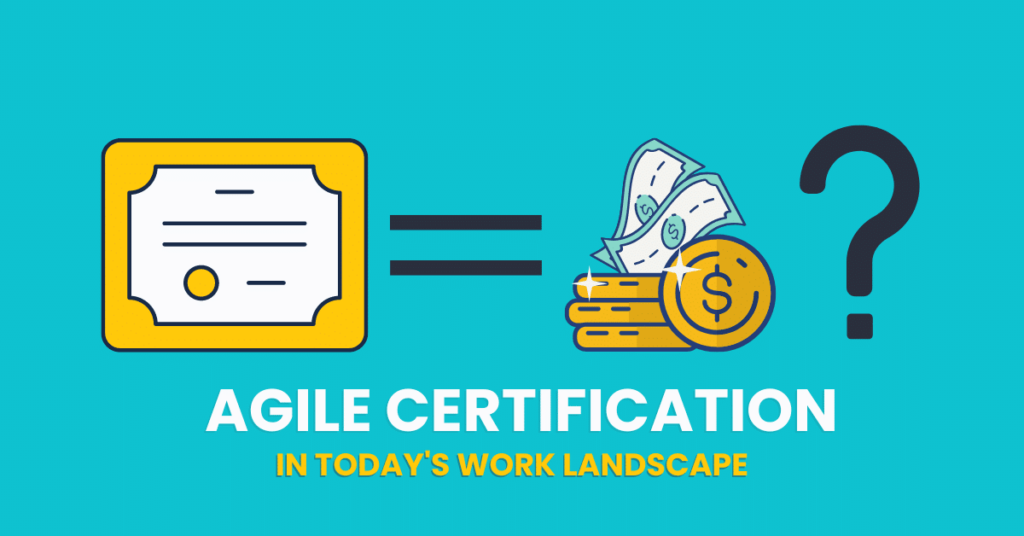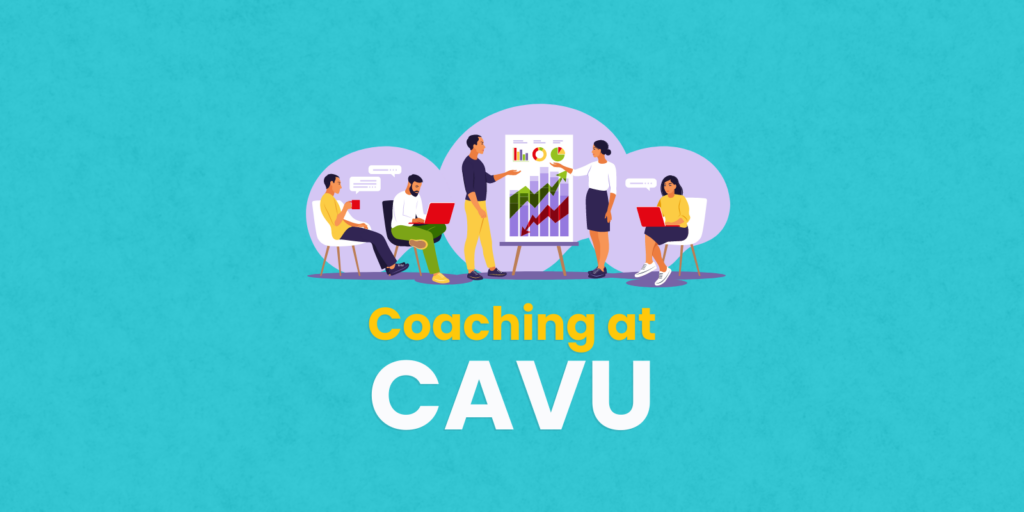As software development continues to evolve, the role of a Scrum Master has become increasingly crucial to ensure that projects are delivered on time, within budget, and with high quality. However, transitioning from a developer to a Scrum Master can be challenging. It requires a shift in mindset from a technical focus to a people-centric one. In this article, we will explore how to successfully transition from a developer to a Scrum Master and expand your value to your organization.
To successfully transition from a developer to a Scrum Master, learn the Scrum framework, get quality training, develop soft skills, find a mentor, start practicing, network with other Scrum Masters, embrace Agile values, adapt to each team, continuously improve, and be passionate about your work.

Learning the Scrum Framework
As a developer, you may already have some knowledge of Agile methodologies, but it’s important to learn the Scrum framework in detail. This includes understanding the roles, events, and artifacts of Scrum, as well as the values and principles behind it. By understanding the Scrum framework, you can better facilitate the team’s journey towards becoming a self-organizing, cross-functional team.

Find QUALITY TRAINING
Getting effective credentialing training can be an important step in becoming a Scrum Master. Scrum Inc.’s Agile Education program offers a Registered Scrum Master credential that focuses on Scrum theory, practices, and principles. This certification demonstrates your understanding of Scrum and your ability to lead Scrum teams.
The Registered Scrum Master program is designed to provide hands-on training and practical experience to aspiring Scrum Masters. This certification offers a more comprehensive training than the CSM certification and is recognized by organizations worldwide.
The program covers topics such as creating and managing product backlogs, facilitating Scrum events, understanding Agile principles, and coaching Agile teams. The program also includes real-world case studies and interactive simulations to help you apply the Scrum framework in practice.
In addition to providing a comprehensive education, Scrum Inc.’s Registered Scrum Master program offers ongoing support and resources for Scrum Masters. This includes access to a community of Scrum practitioners, continuing education opportunities, and guidance on advanced Scrum topics.

Develop YOUR Soft Skills
For success in the role of Scrum Master, it is essential to possess strong interpersonal qualities including the ability to communicate, lead, and mediate disputes. An effective Scrum Master must be able to establish mutually beneficial relationships with their team, stakeholders, and customers, as well as guide their team without overstepping their bounds and lead productive meetings.
As a Scrum Master, you will be working with people from diverse backgrounds and skillsets, and effective communication will be essential. You must be able to clearly articulate ideas and express yourself in a manner easily understood by all team members, stakeholders, and customers.
In addition, you must be an excellent listener and practice active listening to understand the needs of the team and help them resolve any issues that might come up. Conflict resolution skills are also vital, as you will need to help the team resolve conflicts in a constructive and respectful manner. Finally, empathy is essential for a Scrum Master, as it allows you to understand the needs and concerns of team members and help them achieve their goals.
Developing these soft skills can be challenging, but it will help you become a successful Scrum Master and contribute to the success of your team.

Find a Mentor
Finding a mentor who has experience as a Scrum Master will be extremely helpful in your transition to the new role. A mentor can guide you through the process, answer your questions, and share their experiences. They can help you develop your skills and provide valuable feedback on your performance as a Scrum Master. Additionally, a mentor can introduce you to other Scrum Masters and help you expand your network.
Look for experienced Scrum Masters in your organization or industry and ask them to mentor you. You can also attend Agile meetups or events to connect with other Scrum Masters and ask for guidance. Additionally, online communities such as LinkedIn and Agile blogs can be an excellent resource for finding a mentor. When approaching a potential mentor, be clear about what you hope to gain from the relationship, and ask if they would be willing to commit to regular check-ins or meetings to discuss your progress. A mentor can help guide you through the transition process, share their experiences, and provide valuable feedback on your performance as a Scrum Master.

Practice
Once you have the necessary knowledge and skills, it’s time to start practicing as a Scrum Master. You can do this by volunteering to lead Scrum events, facilitating meetings, and coaching your team on Agile practices. As you gain experience, you can take on more responsibilities and work towards becoming a full-time Scrum Master.

Network with Other Scrum Practitioners
Networking with other Scrum Masters can help you stay up-to-date with the latest trends and best practices in the industry. You can join local Agile meetups or online communities to connect with other Scrum Masters and learn from their experiences. By expanding your network, you can also find new job opportunities and collaborate with other Scrum Masters on projects.

Becoming a Gem of a Scrum Master
To become a true gem of a Scrum Master, it’s not just about mastering the Scrum framework and technical skills, but also about embracing the Agile values and principles. A successful Scrum Master understands that the success of a project is not just measured by meeting project timelines or delivering features, but also by fostering a culture of continuous improvement, collaboration, and trust.
Facilitation
Facilitation is a critical skill for a Scrum Master. A great Scrum Master should be able to facilitate meetings effectively and ensure that the team remains focused and productive. They should be able to ask the right questions, guide discussions, and ensure that all team members have a chance to speak.
Leadership
Leadership is another crucial skill for a Scrum Master. They should be able to lead by example and inspire the team to work together towards achieving the project’s goals. A great Scrum Master should also be able to lead the team in adopting Agile practices and help team members grow and develop their skills.
Courage
Courage is an essential trait for a Scrum Master. They should have the courage to speak up when they see something wrong and take action to address issues that could impact the team’s success. They should also have the courage to challenge the status quo and encourage the team to try new things and experiment.
Craftspersonship
Craftspersonship is another vital skill for a Scrum Master. They should be able to guide the team in creating high-quality products that meet the customer’s needs. They should also be able to coach the team on best practices, including test-driven development, continuous integration, and continuous delivery.
Catalyst
As a catalyst, a great Scrum Master should be able to bring out the best in the team. They should be able to encourage creativity and innovation, and help the team work together more effectively. They should also be able to facilitate problem-solving and decision-making processes, and help the team overcome obstacles.
Business Skills
Finally, a gem of a Scrum Master should also have business skills. They should be able to understand the product vision and work with the Product Owner to ensure the product backlog is aligned with the overall business goals. They should also be able to communicate effectively with stakeholders and customers and help them understand the benefits of the Agile approach.
In conclusion, becoming a gem of a Scrum Master requires a deep understanding of the Agile values and principles, as well as the ability to adapt and continuously improve. By developing skills in facilitation, leadership, courage, craftspersonship, catalyst, and business, you can become a valuable asset to your organization and help your team achieve success.

Final Thoughts
To be an effective Scrum Master, a shift in perspective from a technical focus to a people-oriented approach is essential.
Becoming certified, understanding the Scrum framework, building soft skills, finding a mentor, starting to practice and networking with other Scrum Masters can be beneficial. Additionally, being dedicated to the Agile values and principles is essential for an outstanding Scrum Master.
Being able to adjust to team needs and striving for improvement are also essential characteristics. “Lastly, being a coach and mentor, and being passionate about the job are key aspects in becoming an outstanding Scrum Master.
By keeping these tips in mind, you will be a great asset to your organization and aid your team in success.”
Want to learn more about CAVU’s Scrum training options? Visit our Courses page today!








